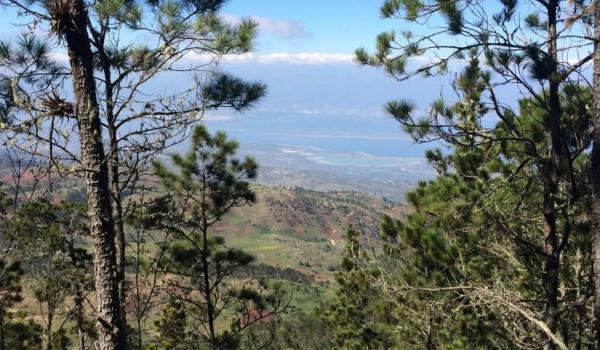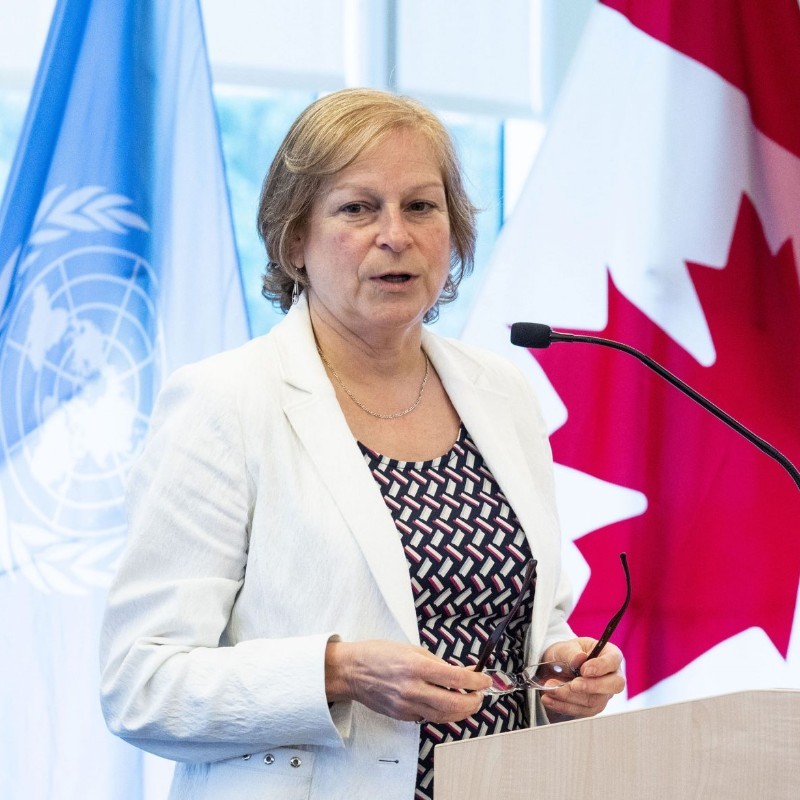IUCN COMMISSION GROUP
IUCN CEM Climate Change and Biodiversity Policy and Practice Thematic Group

Overview and description
- Description:
-
The CEM Climate Change and Biodiversity Policy and Practice Thematic Group aims to guide and provide expert knowledge and guidance related to:
• Developing an innovative research agenda at ...
Group leadership
Ms Angela Andrade
Commission Chair,
Lead
Lead
Commission Chair. Anthropologist specialized in Land Geography and Evaluation, with a MsC in…
Dr Liette VASSEUR
Co-Lead,
Commission Deputy Chair,
Vice-Chair
Commission Deputy Chair,
Vice-Chair
Deputy Chair - Commission on Ecosystem Management. Dr. Vasseur is a full professor in the Department of Biological Sciences at Brock University where she is also a member of…
Planned activities for 2021-2025
- Contribute to the work of FEBA (Friends of Ecosystem based Adaptation).
- Literature review on transboundary action for conservation and climate change adaptationand mitigation. From this literature review, develop a document for policy recommendations
- Comment on the documents to be submitted for UNFCCC, CBD, IPBES and other relevant Conferences of the Parties (COP). highlighting the need to link actions between the CBD and UNFCCC
- Analyze case studies that deal with carbon markets in terms of efficiency, fairness, and sustainability of dealing with climate change adaptation and mitigation and net gains for biodiversity.
- Identify good practices in NbS that combine climate change adaptation and mitigation with net gains of biodiversity and write two-page information sheet for each (considering all aspects from ecology, social, financial, cultural).
- Based on successful experiences, develop a few policy briefs on how to monitor the impact (success) of adaptation and or the reduction of identified risks.
- Explore collaborations with youth-led initiatives in projects and events, especially the initiatives with a focus on topics connecting both climate change and biodiversity (e.g. Nature-based Solutions) in accordance with the upcoming renewed youth strategy of IUCN.
- Organize at least one dialogue per year to present the results
At a glance
Official name:
IUCN CEM Climate Change and Biodiversity Policy and Practice Thematic Group
Associated Commissions:


